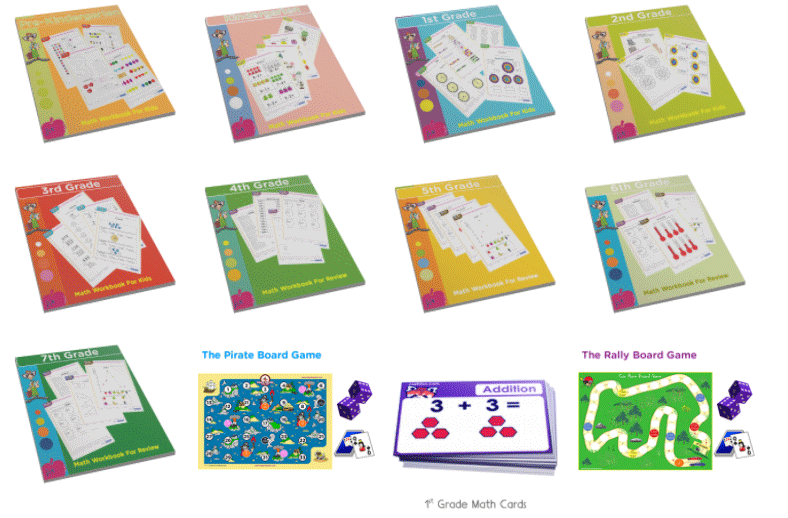Reading Temperatures In Degrees Celsius Free Math Quiz
How to read the temperature from thermometer ?
Temperature is a measure of how hot or cold something is. It is measured using a thermometer, which is a tool that has a scale on it that tells us how hot or cold something is.
The most common scale used to measure temperature is called the degree Celsius scale. It is also known as the “Celsius scale” for short. On this scale, water freezes at 0 degrees Celsius and boils at 100 degrees Celsius.
To read the temperature in degrees Celsius, you first need to find the thermometer and look at the scale on it. The scale will have numbers on it, and the thermometer will have a pointer or line that moves along the scale. The number that the pointer is pointing to or the line is touching is the temperature.
For example, if the pointer is pointing to the number 20 on the scale, that means the temperature is 20 degrees Celsius. If the pointer is pointing to the number 30, that means the temperature is 30 degrees Celsius. And so on.
It is important to note that the degree Celsius scale is based on the properties of water. This means that the temperature readings on this scale will be different from other temperature scales, such as the Fahrenheit scale, which is used in the United States.
To convert temperatures from the Celsius scale to the Fahrenheit scale, you can use the following formula:
Fahrenheit = (Celsius x 9/5) + 32
For example, if the temperature is 20 degrees Celsius, you can convert it to Fahrenheit using the formula above:
Fahrenheit = (20 x 9/5) + 32 = 68 + 32 = 100 degrees Fahrenheit
So, 20 degrees Celsius is equal to 100 degrees Fahrenheit.
It is important to understand how to read temperatures in degrees Celsius and how to convert between different temperature scales because temperature is a very important concept in science and everyday life. We use temperature to describe how hot or cold something is, and we often need to be able to compare temperatures in different scales in order to understand and communicate about the world around us.



